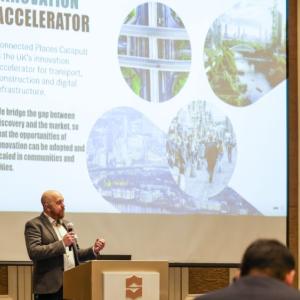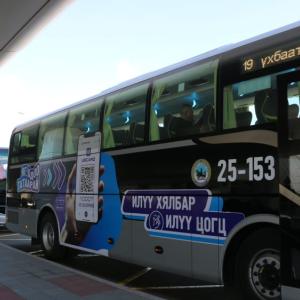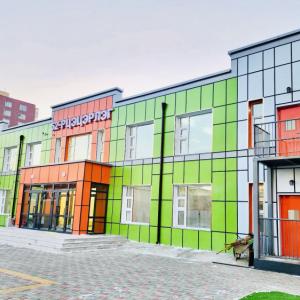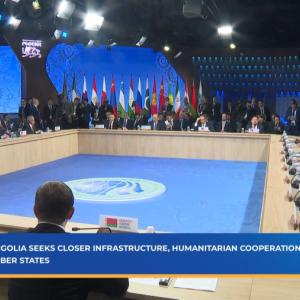Ulaanbaatar Cable Car Project Breaks Ground
Society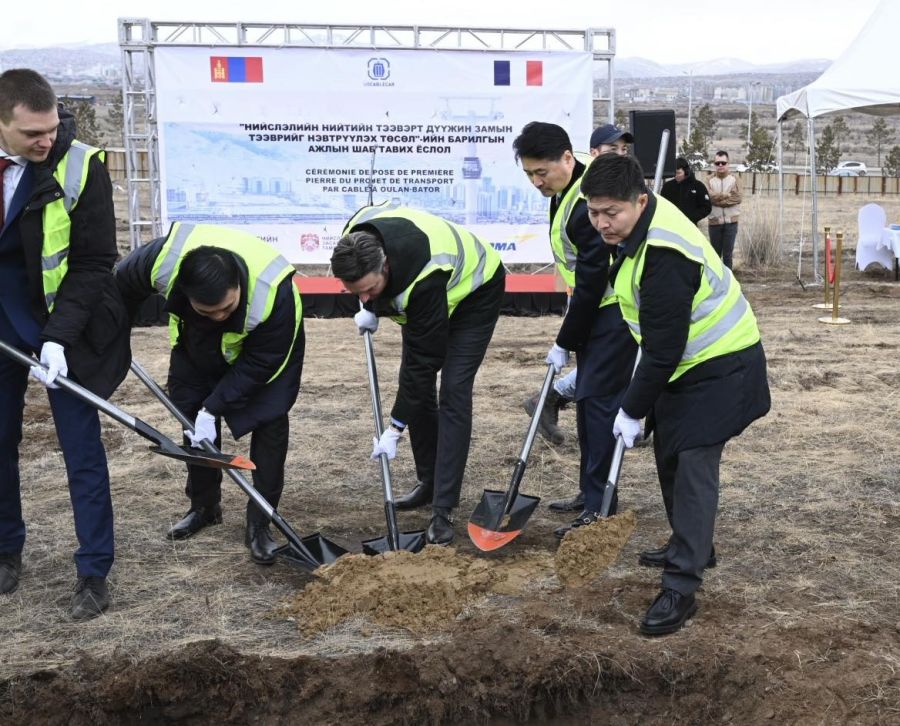
Ulaanbaatar, April 4, 2024 /MONTSAME/. On April 4, 2024, the Groundbreaking Ceremony for the Cable Car Transport Project, funded by a soft loan from the French Government to alleviate traffic congestion in Ulaanbaatar City, was held at the Artsat Valley in Yarmag, Ulaanbaatar.
At the Ceremony, Ambassador Extraordinary and Plenipotentiary of the French Republic to Mongolia Sebastien Surun highlighted, “I'm happy that Ulaanbaatar will adopt the modern French public transport cable car system. I firmly believe that its introduction will significantly alleviate traffic congestion in Ulaanbaatar. The Poma Group has extensive experience in global cable car transportation services and is executing this project. Our research suggests Ulaanbaatar is an ideal location for cable car transport. Though Ulaanbaatar is a cold, windy, and mountainous city cable car system suits well. Following the Groundbreaking Ceremony, approximately 20 pylons, cables, as well as materials for the two cable car terminal stations will be imported from France."
“Several new roads and infrastructure projects are underway in the Yarmag area to alleviate traffic congestion. To integrate different public transport options, the first cable car line will be built connecting Yarmag and Kharkhorin. The route for the second line is expected to be finalized this week. I extend my sincere gratitude to the citizens and businesses of Yarmag for their support and cooperation in clearing land for this major construction project,” said Governor of the Capital City and the Mayor of Ulaanbaatar Nyambaatar Khishgee.
Accordingly, a 4.2-kilometer cable car line with two stops and 19 pylons will be built, connecting Artsat of Yarmag to the 1st micro district. The cable car route will take 12 minutes one way and will be installed over the Tuul River, which flows through the city of Ulaanbaatar, and the railway, which has a significant impact on traffic congestion. It will have 98 cabins with a capacity of up to ten passengers each and a transport capacity of 2,300 passengers per hour.
An all-electric, accessible cable car system will be environmentally friendly and able to transport people with special needs, strollers, and even bicycles with an adjustable seat. It can also withstand cold and winds up to 75 km/h. Officials have emphasized that the first cable car line will be commissioned in the second quarter of 2025.
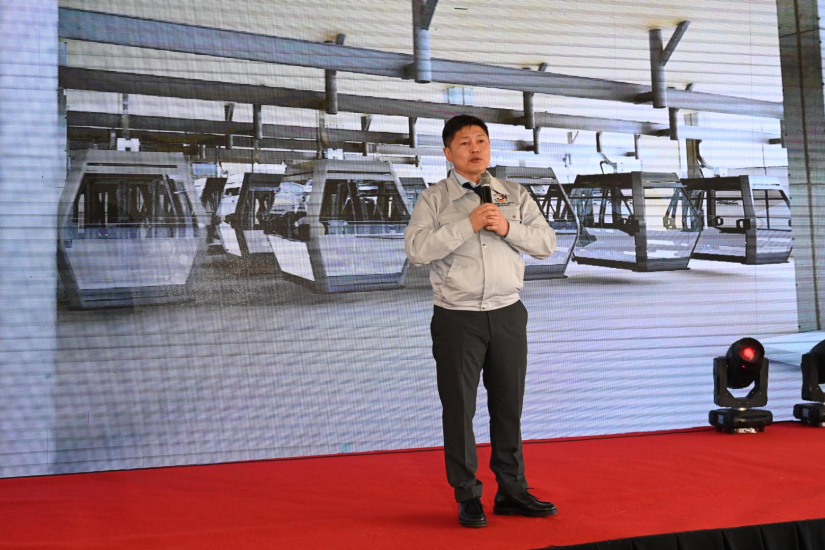
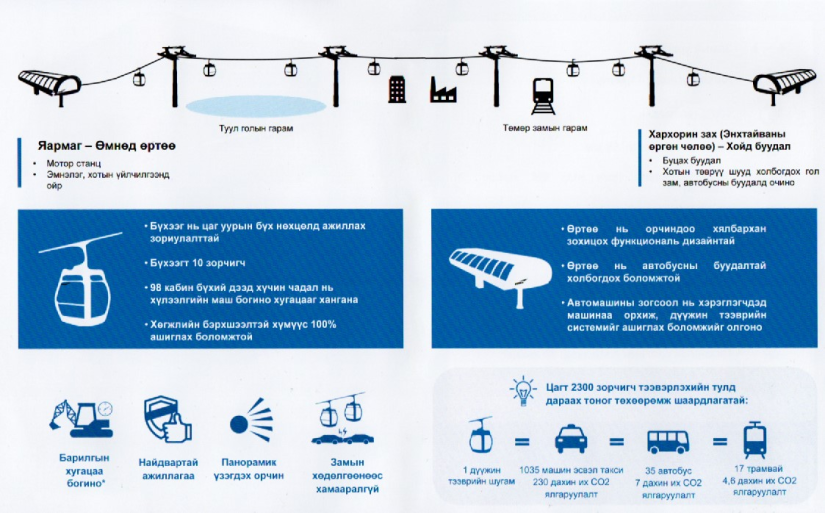
 Ulaanbaatar
Ulaanbaatar






